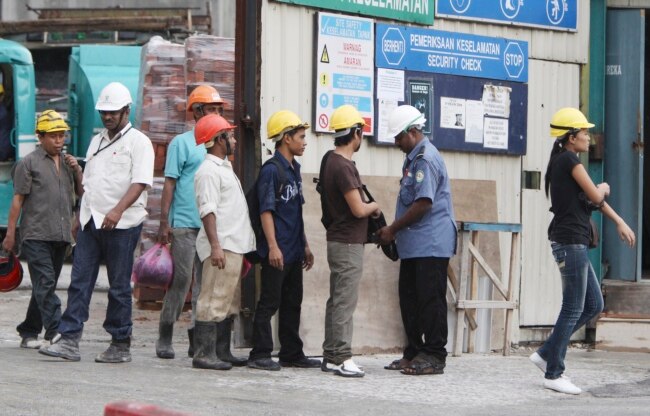Malaysia has agreed in principle to hire a large number of Bangladeshi workers over the coming years, promising fair wages, improved safety, and strong protections for migrant rights. This agreement was reached during a high-level meeting in Putrajaya between Asif Nazrul, adviser to Bangladesh’s Ministry of Expatriates’ Welfare and Overseas Employment, and officials from Malaysia’s Ministry of Human Resources.
Officials familiar with the talks confirmed that two main issues were prioritized: improving the treatment of Bangladeshi workers already in Malaysia and establishing a more transparent and ethical process for recruiting new ones. The decision comes as both countries work to revive and stabilize labour migration under a fairer system.
A senior official revealed that Malaysia is expected to recruit several lakh Bangladeshi workers over the next few years. Of those, over 20,000 workers may be hired at no cost to them, making the process more affordable and reducing the chances of exploitation by brokers.
The Bangladesh delegation, which included Senior Secretary Neyamat Ullah Bhuiyan and Deputy Secretary Md Sarwar Alam, arrived in Malaysia on May 14 and has been meeting with Malaysian authorities to ensure the long-term stability of the labour market. Discussions on the regularisation of undocumented workers in Malaysia are also underway, with further talks scheduled with Malaysia’s Home Ministry.
According to the Bangladesh High Commission in Malaysia, wage levels for general workers in Malaysia are almost double those offered in the Middle East. This presents a valuable opportunity to increase remittance flows, which are critical to Bangladesh’s economy.
However, the delegation acknowledged existing tensions among Bangladeshi recruitment agencies. Internal conflicts have delayed progress, although both governments are now actively trying to remove these barriers. Officials stressed the importance of prioritizing workers’ welfare over agency interests.
The government also made it clear that it will not assign recruitment contracts to specific agencies. Instead, agencies must secure employment opportunities on their own and then apply for government approval to send workers abroad, as is standard practice globally.
Concerns were also raised over politically motivated protests, lawsuits, and media campaigns by certain business groups, which have negatively affected Bangladesh’s image overseas. Officials warned that even legal migration followed by baseless human trafficking lawsuits is damaging the country’s diplomatic relations.
Given the global economic challenges, Bangladeshi officials stressed the urgency of resolving agency conflicts and ensuring a clean, cost-effective migration process to Malaysia. With a reformed system in place, this opportunity could bring significant economic benefits to Bangladesh and ensure the rights and dignity of its migrant workforce are fully protected.

